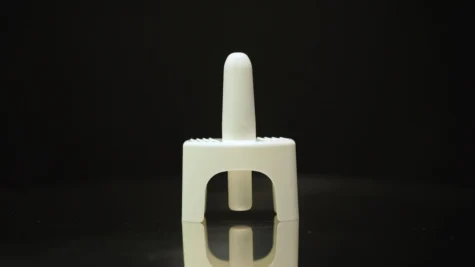If you or a loved one have completed short-term addiction treatment (30 to 90 days), you may be getting ready for a long-term program or life after treatment. This is a critical step in recovery, and the question of where to live during this stage is important. Sober living could be a good option for you to consider, and this article will explain what it is and some of its benefits.
What is Sober Living?
Sober living homes are substance-free environments where people in recovery can continue to heal after completing inpatient rehab. Many individuals continue outpatient therapy while living in sober living homes. Sober living homes are shared living arrangements with established house rules that encourage accountability and personal development. They are often located in single-family homes but could be in other settings, such as apartment complexes or condos. Residents will have daily responsibilities and chores.
The length of stay at a sober living home will vary from home to home and individual to individual. For example, some sober living homes have a 90-day minimum stay, while others might have a month-to-month option. Studies vary on the best length of time to stay in sober living, and it will depend on your personal circumstances. Some people end up staying in sober living arrangements indefinitely. Sober living homes are usually self-pay, but it never hurts to ask if financial assistance is available or if there are scholarships or other supports to make it more affordable.
Many people like sober living because it usually aligns with SAMHSA’s (Substance Abuse and Mental Health Services Administration) four key dimensions of recovery, which include health (managing physical and emotional well-being), home (a stable, substance-free place to live), purpose (meaningful daily activities), and especially community (relationships and social support networks). The goal of sober living is to help people transition from treatment to daily life.
What are the Benefits of Sober Living in Recovery?
Sober living helps recovery in several measurable ways, according to research from SAMHSA:
- Decreased substance use
- Lower rates of incarceration
- Higher income
- Increased employment
- Improved family relationships
Sober living is credited with providing structure, stability, and daily routines that help residents create routines of discipline. If you have lived much of your life independently, the thought of having roommates, daily responsibilities, and, in many cases, a curfew could be overwhelming. Having said that, peer support and a sense of community are some of the benefits that residents talk about the most. Many people consider the bonds they create during sober living among some of the most meaningful in their lives.
Treatment and therapy are normalized in sober living environments. In fact, many sober living homes require continued participation from residents in a 12-step program or group therapy. These benefits keep participants connected to outpatient treatment services, which improve recovery outcomes and reduce the risk of relapse. While there is no guarantee, sober living homes can be a great place and way to bridge addiction treatment and recovery.
Sober Living and Southern Sky Recovery
Sober living homes can be vital to the recovery journey. They offer a structured, supportive environment where individuals can continue building a solid foundation for lasting sobriety. Having the time and space to grow in recovery while surrounded by a like-minded community could make a meaningful difference in your long-term success.
If you or someone you care about is exploring sober living options, Southern Sky Recovery is here to help. Our compassionate team offers a range of judgment-free treatment services tailored to support each person’s unique path to healing. Contact us today to learn more about how we can support your recovery journey.



